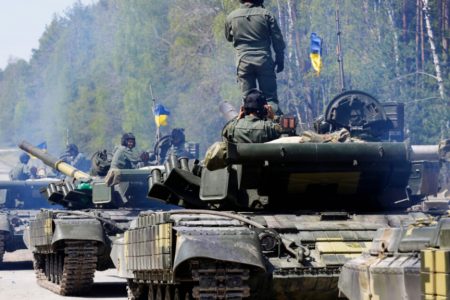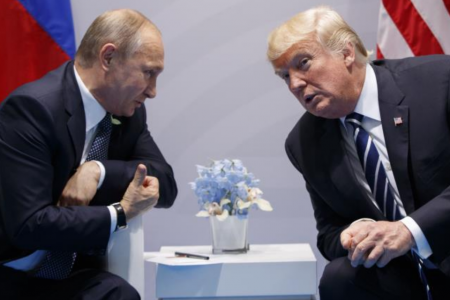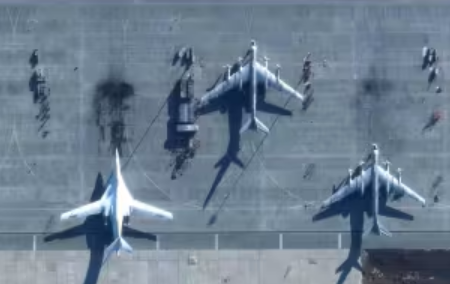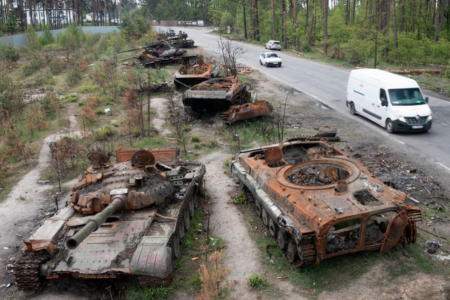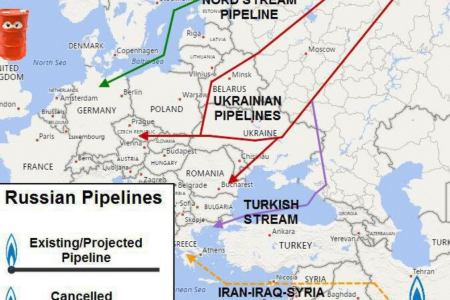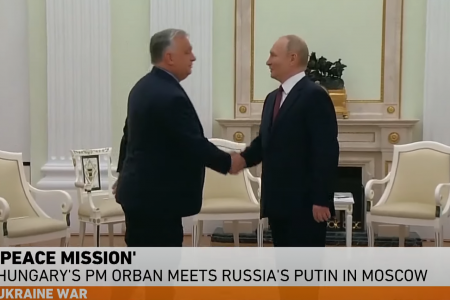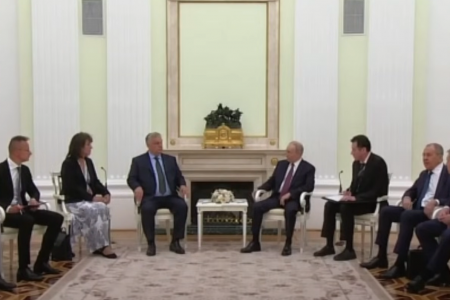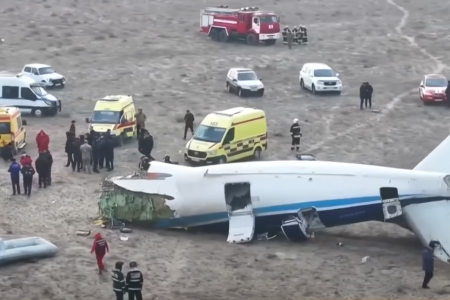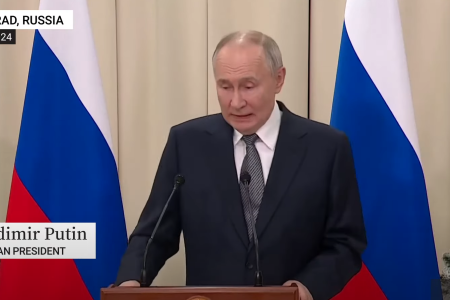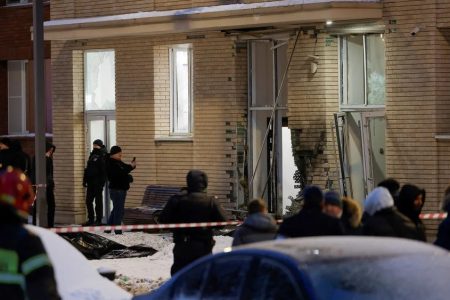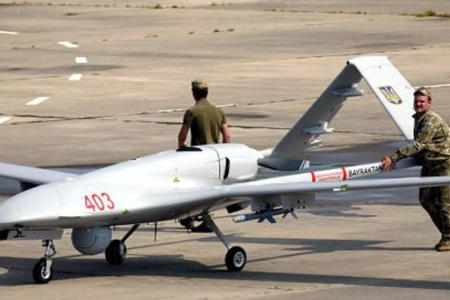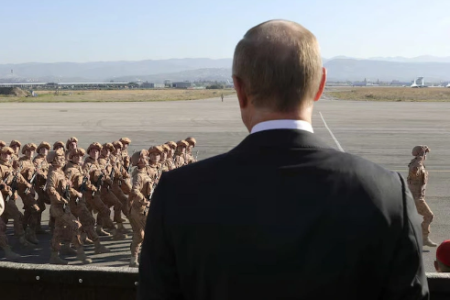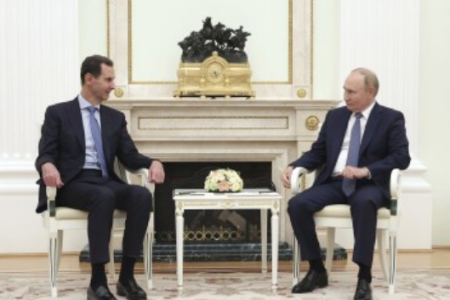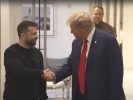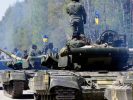
The UN has just released a 2020 report on government intimidation and retaliation cases in Vietnam, under which there are at least 16 cases involving government detention, confiscation of identity documents, and interrogation or follow up from 2019 to present.
This report was made by the UN Human Rights Council based on HRC 12/2 human rights resolution on the activities of governments that “threaten and retaliate against individuals and organizations” just because they cooperate with the UN Human Rights Council.
The report mentioned cases such as arbitrary detention and confiscation of papers by legal expert Truong Thi Ha, interrogation and confiscation of the passport of human rights activist Dinh Thi Phuong Thao, or the cases in which exit from attending a regional religious conference are prohibited such as happened with Ms. Nguyen Xuan Mai, Mr. Pham Tan Hoang Hai, Mr. Nguyen Van Thiet, Mr. Tran Ngoc Suong and Ms. Luong Thi No.

The report also mentioned police questioning religious believers who had just returned home after a religious freedom conference in Thailand in 2019: Huynh Ngoc Truong (Catholic), Nguyen Thi Hoai Phuong (Catholic), Nguyen Pham Ai Thuy (Catholic), Ngo Thi Lien (Catholic), Venerable Thich Thien Phuc (Buddhism), and Nay Y Ni (a H’Mong Protestant).
The report mentions the government’s arrest of journalist Pham Chi Dung, chairman of the Vietnam Independent Journalists Association, and imprisonment of religious activist Nguyen Bac Truyen.
The UN asked the Vietnamese government to account for these cases and in the majority of responses the government of Vietnam rejected the human rights violations report.
A report presented to the Secretary-General of intimidation and retaliation is being discussed at the UN Human Rights Council during its 45 meetings from September 14 to October 6.

On September 15, British International Ambassador for Human Rights Rita French spoke up at a meeting of the Council expressing concerns about human rights violations in Vietnam.
Ambassador French said:
“We are concerned about restrictions on freedom of expression and assembly in Vietnam. We call for better protection of journalists and for all citizens to have access to free, independent media.”
In response, a representative of the Vietnamese delegation said such assessments of Vietnam’s human rights situation were “partial.”
“It is regrettable that some delegations have made partial and unwarranted statements about the reality of human rights in Vietnam.”
The Vietnamese delegation emphasized that the government has many measures to implement a consistent policy of promoting and protecting human rights, including freedom of expression and assembly.

The Hanoi delegation also reiterated that “nobody in Vietnam has to go to jail for expressing his views peacefully, and only those who break the law are subject to criminal prosecution according to the law.”
From Hanoi, law expert Truong Thi Ha, told VOA Vietnamese on September 18 that the UN’s pointing out the wrongdoings will put more pressure on the Vietnamese government to improve human rights.
Ms. Truong Thi Ha said:
“The UN makes my case necessary because it is very difficult for me to get my documents back when it becomes known within the country.
The UN’s intervention has put some pressure on the Vietnamese government.”
Thoibao.de (Translated)



